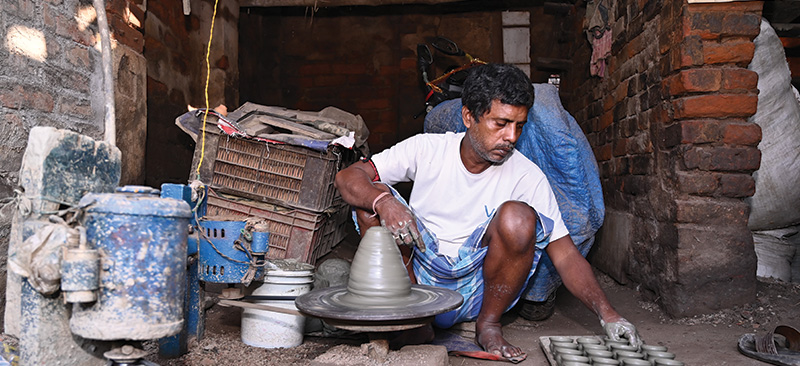
MSC created digital marketing strategies for multiple startups, such as Xtracap, myPaisaa, and Chhotastock, among others. We reviewed their current marketing practice, evaluated competition, interviewed current and prospective customers. These strategies were designed to promote the respective brands, strengthen relationships with the current customers, create a pipeline of potential customers, and meet other business needs.
The insights gathered through these deep dives fed into the omnichannel marketing strategy that was designed for short-term and long-term business goals.
The startups have implemented MSC’s recommendations.
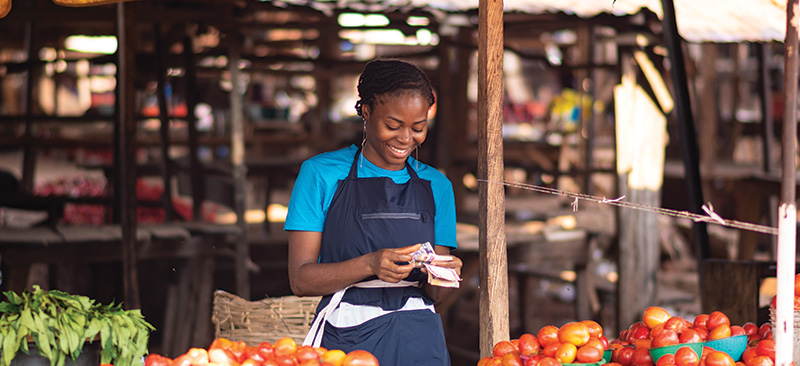
MSC supported Opportunity International to develop a toolkit for microfinance institutions to establish climate-resilient portfolios and services. We engaged in inception meetings, contextual analysis, and an institutional assessment with Urwego Opportunity Bank in Rwanda. MSC’s ongoing work involves the development of the toolkit’s content, incorporation of inputs from ecosystem partners and customer research conducted by Glasgow Caledonian University and the University of Rwanda.
The project would improve microfinance institutions’ ability to navigate and respond to climate-related challenges, and ensure long-term resilience of their operations and services.
MSC undertook this project to support Opportunity International’s larger climate resilience efforts and contribute to the creation of sustainable and climate-resilient financial services.
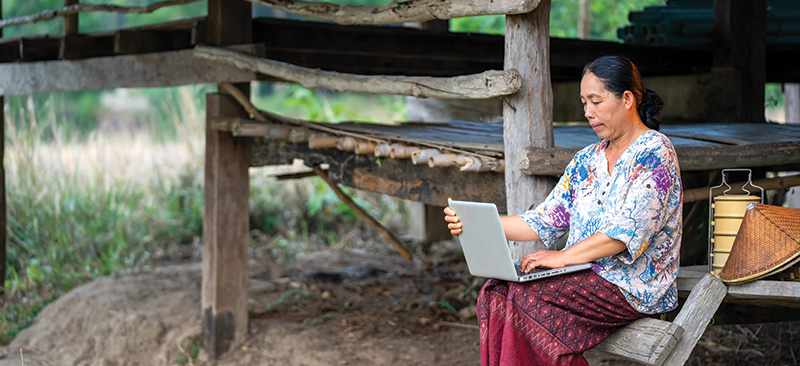
OJK, the Financial Services Authority in Indonesia, supervises more than 2,500 financial institutions. It observed an increase in consumer complaints due to the simultaneous growth in digital financial services. MSC supported OJK to implement consumer support technology initiatives. MSC helped OJK conduct stakeholder consultations, develop the Regtech and Suptech vision document, provide research findings on rising consumer complaints, design terms of reference for consumer support technology, implement a cloud-based sentiment analysis platform and an on-premise chatbot system, and develop publications to disseminate project insights to external and internal stakeholders.
MSC’s work has contributed to the development of a sentiment analysis solution to monitor social media activity around financial services. It also developed an automated chatbot for the OJK website for consumer education and inquiries or complaints.
These tools help OJK make informed decisions, better protect consumers, and handle complaints and inquiries more efficiently.
The Bill & Melinda Gates Foundation commissioned this project.
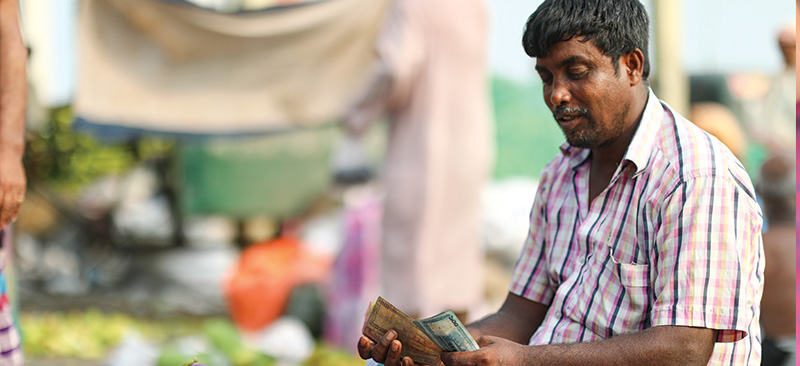
MSC, in partnership with the Agency to Innovate (a2i) and the United Nations Capital Development Fund (UNCDF), set up the Financial Inclusion Lab Bangladesh (FinLab BD). The Lab’s overarching goal is to support FinTechs, startups, and the overall ecosystem to innovate pro-poor solutions for Bangladesh.
The Lab’s first cohort released two key problem statements for a call to application—women’s financial inclusion and access to credit for cottage, micro, small, and medium enterprises (CMSMEs). The Lab selected eight unique FinTech startups and incumbents from 123 applicants through a rigorous, multi step selection process. The selected startups and incumbents went through boot camps, diagnostics, and mentoring sessions before their pitch. The winners of the first cohort won grant awards to develop and scale their solutions. The Bangladesh Bank’s Regulatory FinTech Facilitation Office (RFFO) remained a core part of the cohort selection at every juncture.
MSC has been helping the cohort winners shape their ideas through product design support, market analysis, market testing, scaling, go-to-market (GTM) strategies, pilot testing, and customer marketing. The Lab would support at least 100,000 LMIs through the first cohort.
MetLife Foundation commissioned the project with support from a2i.
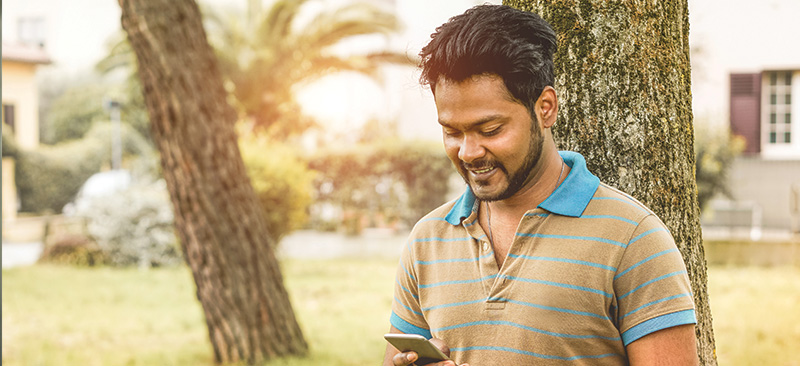
The Y Initiative’s Compendium of Global Good Practices on Youth Finance was a study that sought to identify innovative, cost-effective, and replicable initiatives that increase low-cost access to financial services for young people globally. MSC worked with Making Cents International to conduct a global assessment of initiatives led or done by financial service providers, private sector companies, or non-governmental organizations focused on young people’s financial inclusion.
We produced a compendium of good practices across Asia and Africa. FMO and its clients can replicate these practices across fragile and low-income countries. We also developed an executive summary deck, youth segments for persona mapping of youth, and an interactive map.
Our recommendations and tools were implemented with the FSP partners to increase service provision to youth.
FMO: Dutch Entrepreneurial Development Bank commissioned this study.
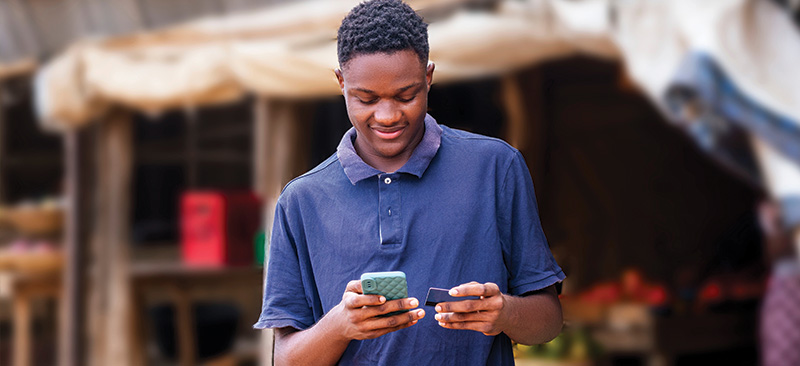
MSC assessed and diagnosed opportunities and challenges in a robust agent acceptance infrastructure’s development for digital financial services (DFS) in Liberia and Sierra Leone. We conducted country-level scoping and provider-level agent network diagnostics with Strategic Impact Advisors (SIA). MSC worked with four mobile money providers: MTN Lonestar and Orange Money in Liberia and Africell and Orange Money in Sierra Leone in this project. We studied the DFS ecosystem and identified the challenges and work opportunities with agent networks. Based on the study, MSC provided technical assistance to the mobile money providers in both countries. The technical assistance involved agent identification and selection, agent training, liquidity management, agent monitoring systems, and marketing and communication support.
MSC developed tools, templates, and strategies for the providers to select the right agents and provided training content and modules for agent and super agent training. We also developed marketing plans and built marketing concepts for the mobile money providers. We also created toolboxes for the four providers. These toolboxes included a detailed set of documents and tools for multiple thematic areas of agent network management, such as liquidity management, agent network scale-up, agent monitoring and support, marketing and communication, and implementation. The service providers used these toolboxes to address their issues.
The project helped providers onboard more than 6,000 agents and 40 super agents in the project countries. This increased mobile money services’ acceptance.
United States Agency for International Development (USAID) commissioned this project.





